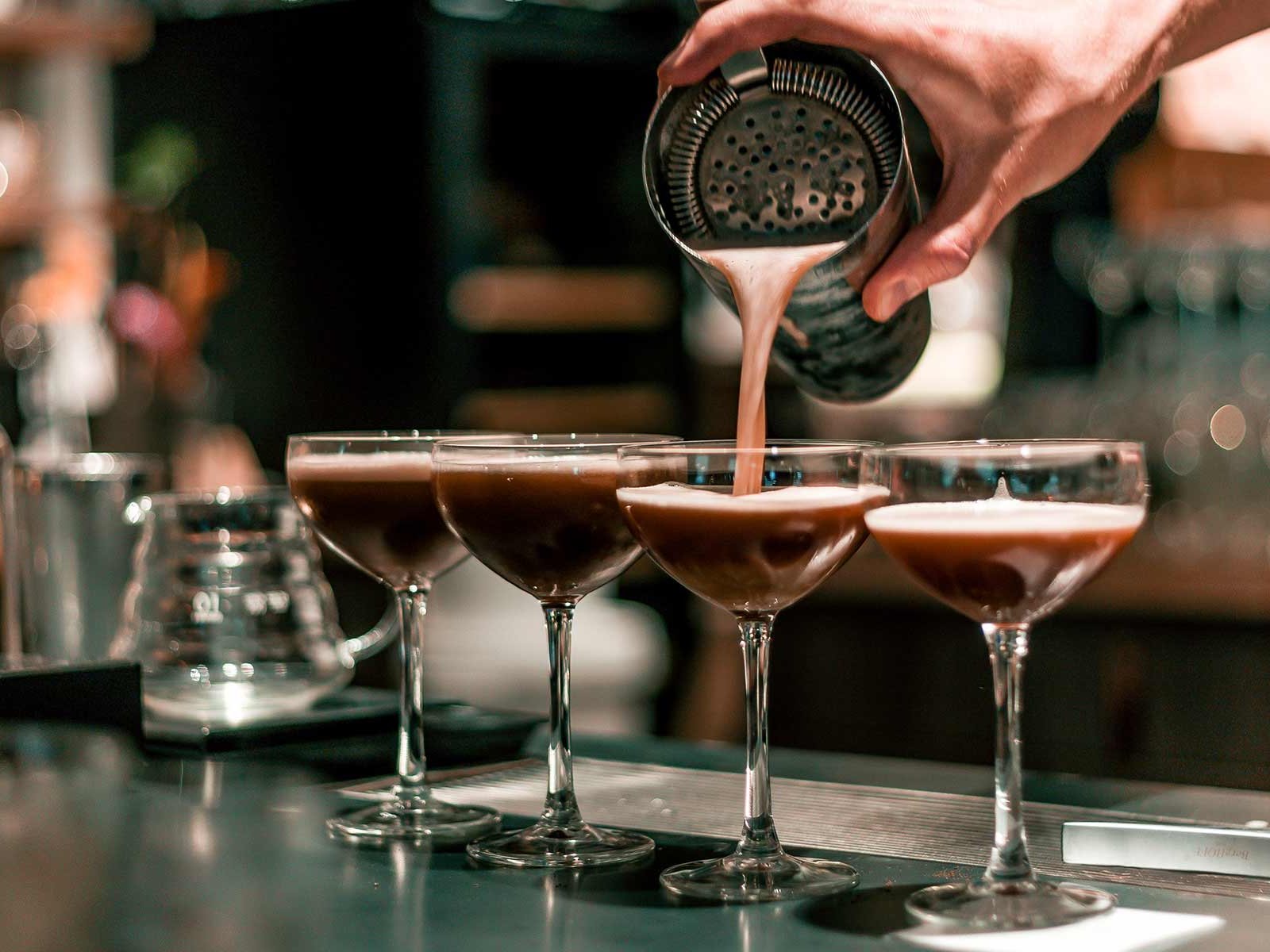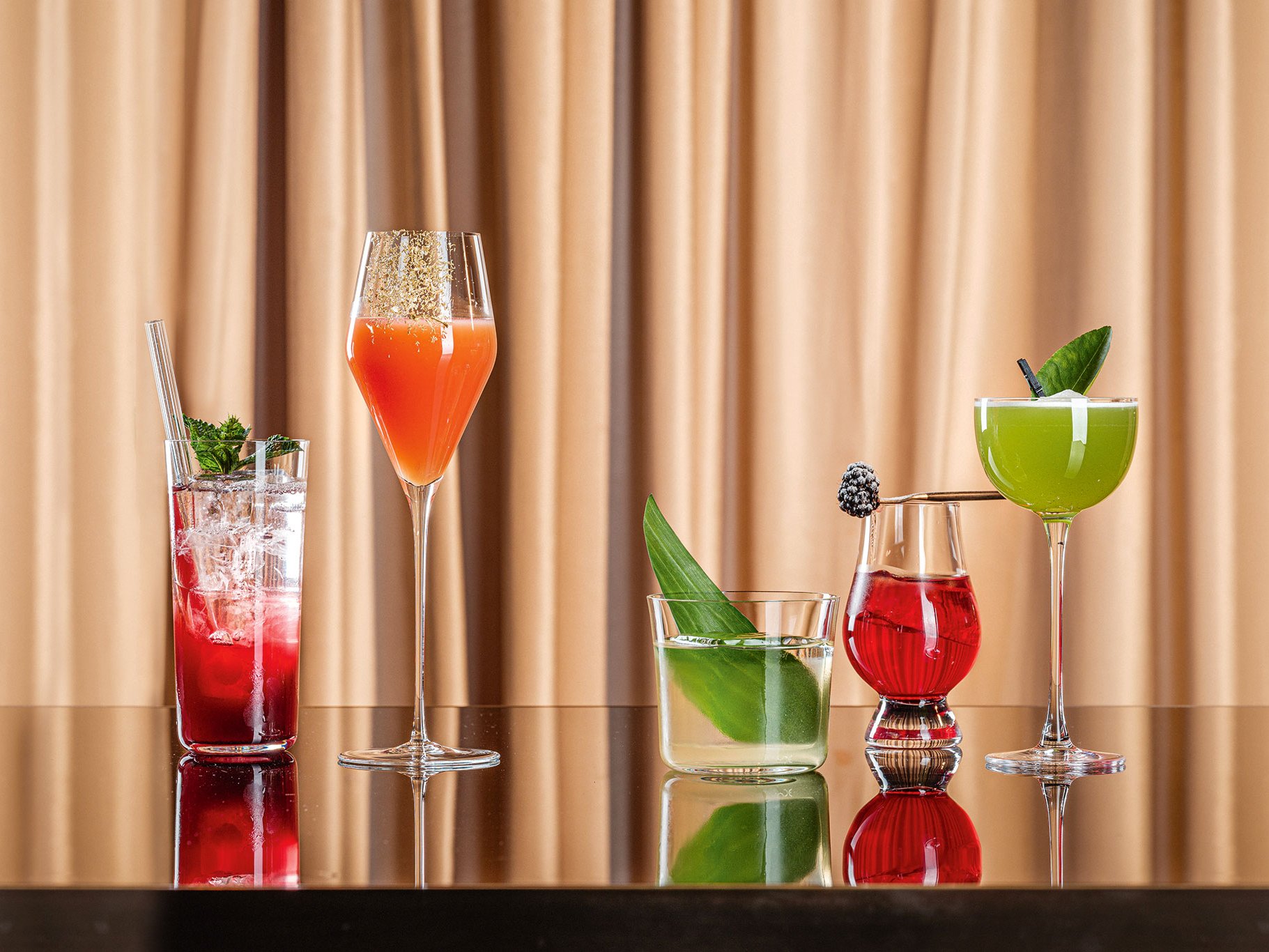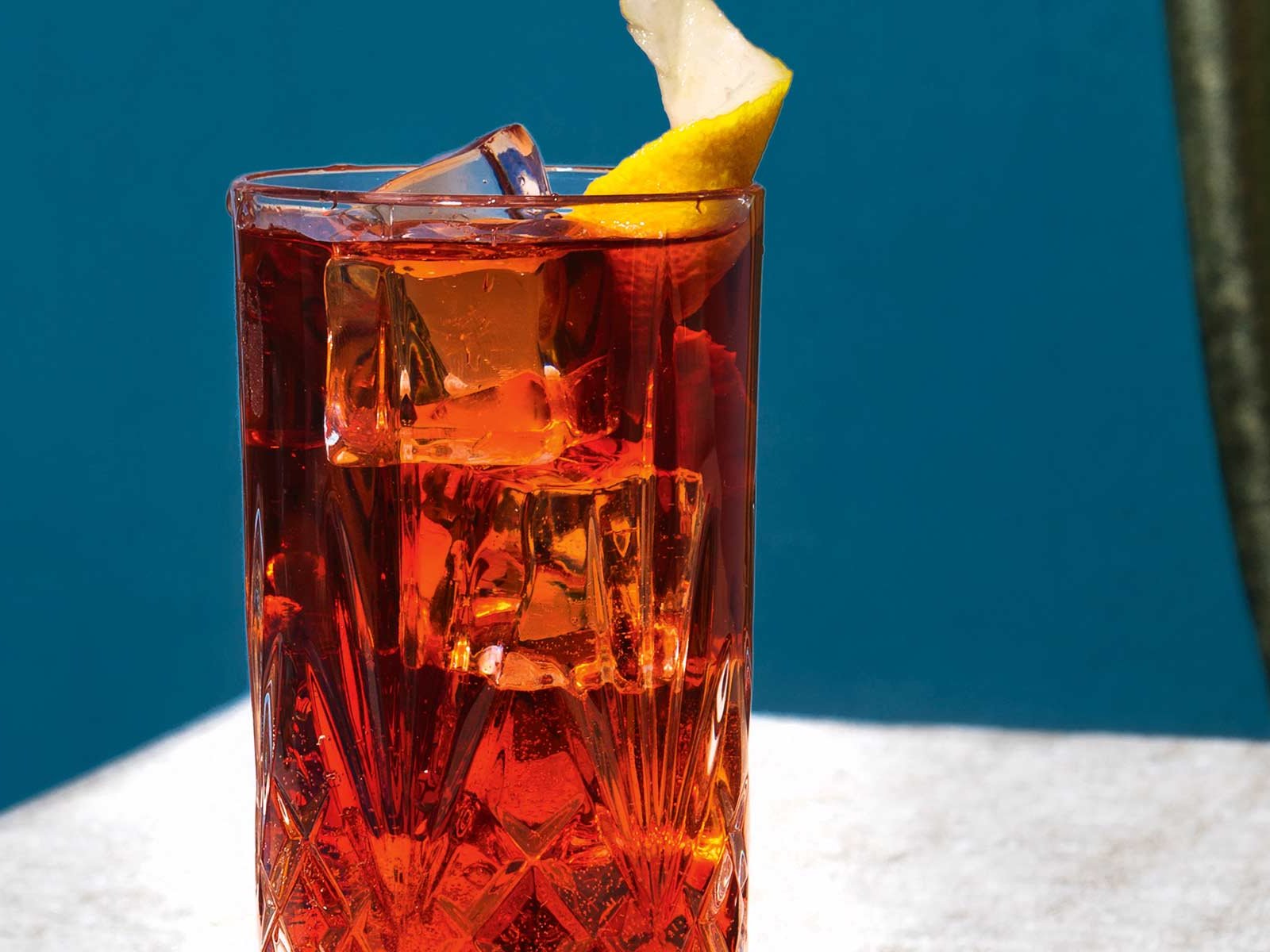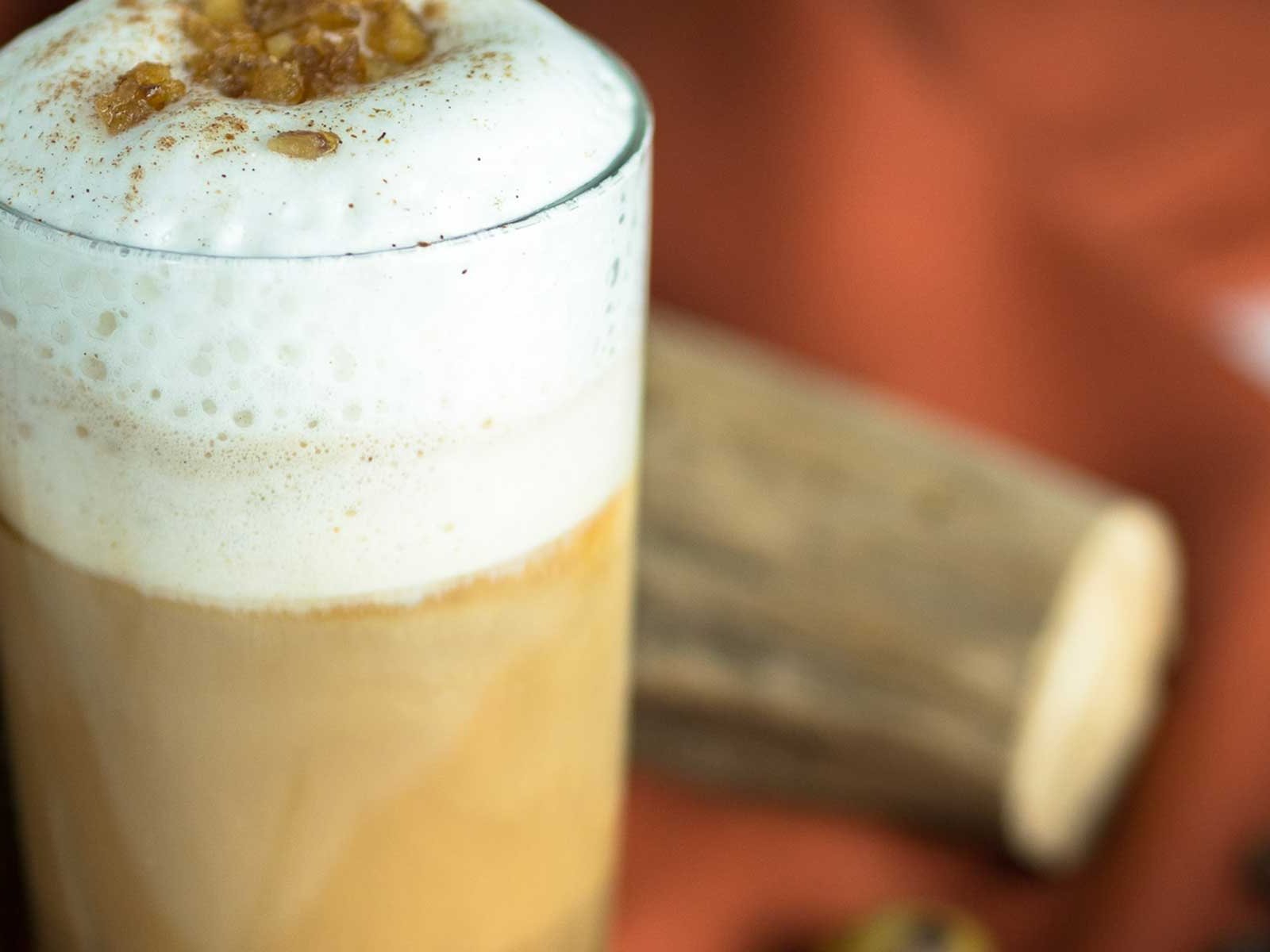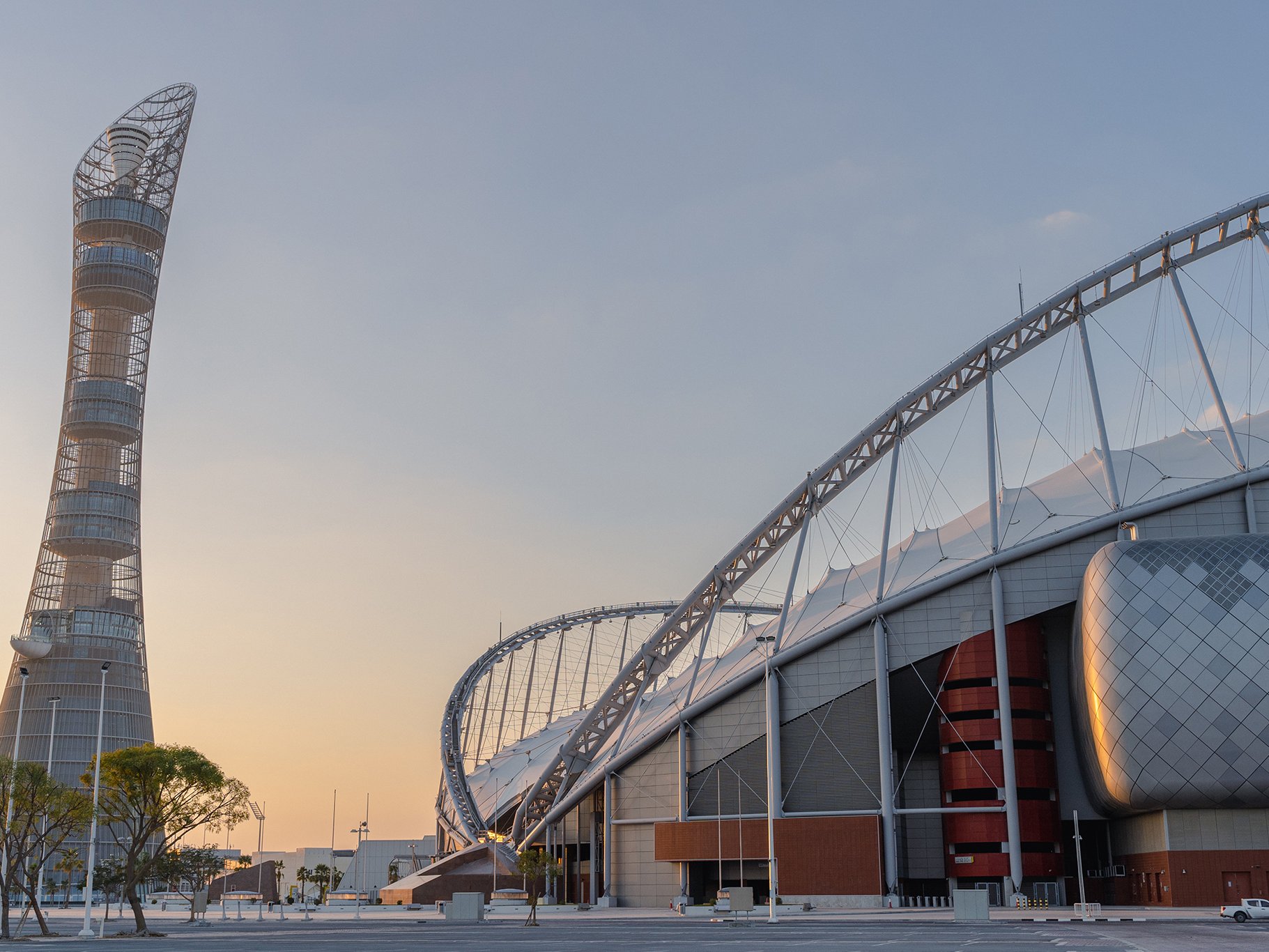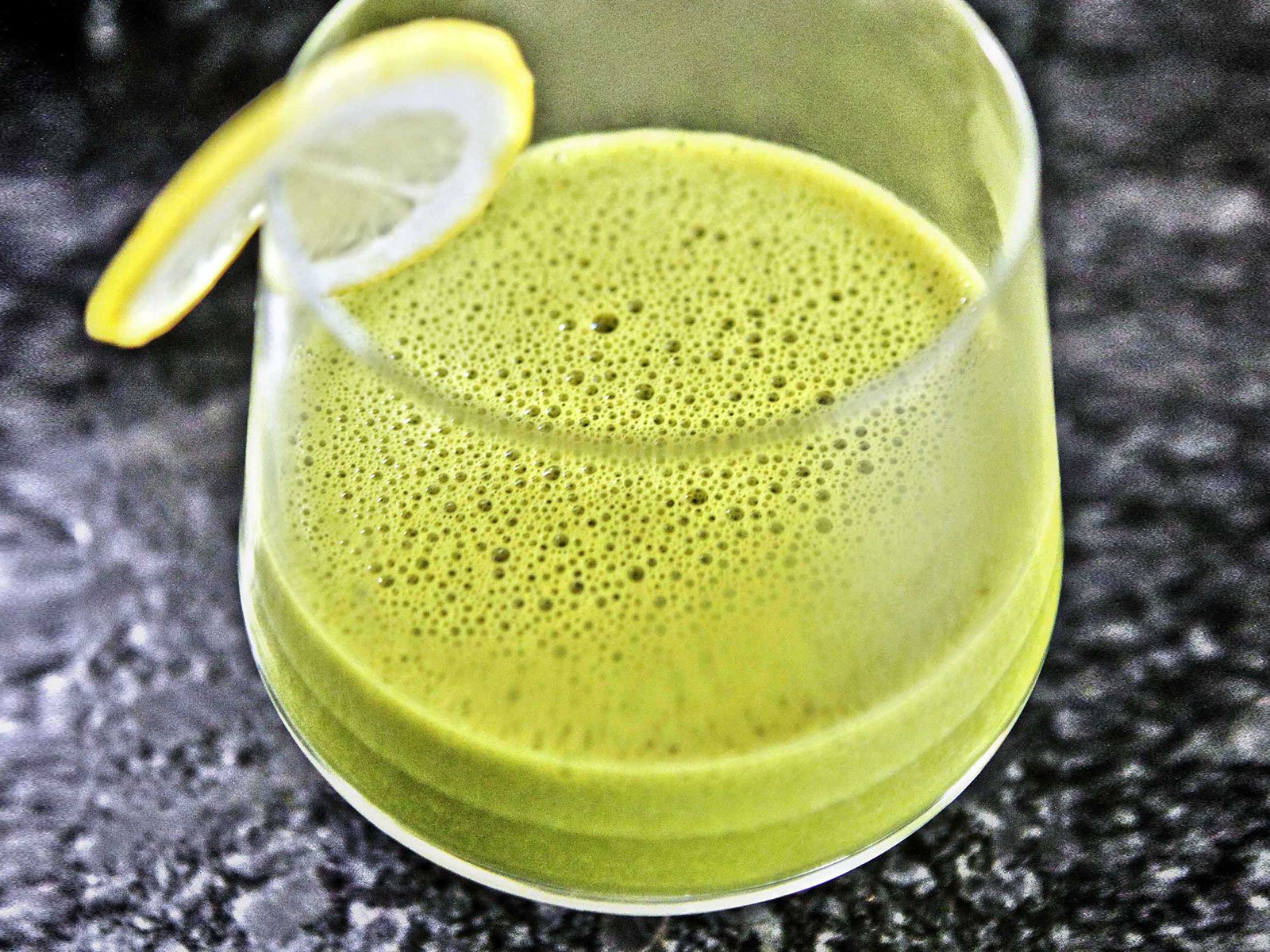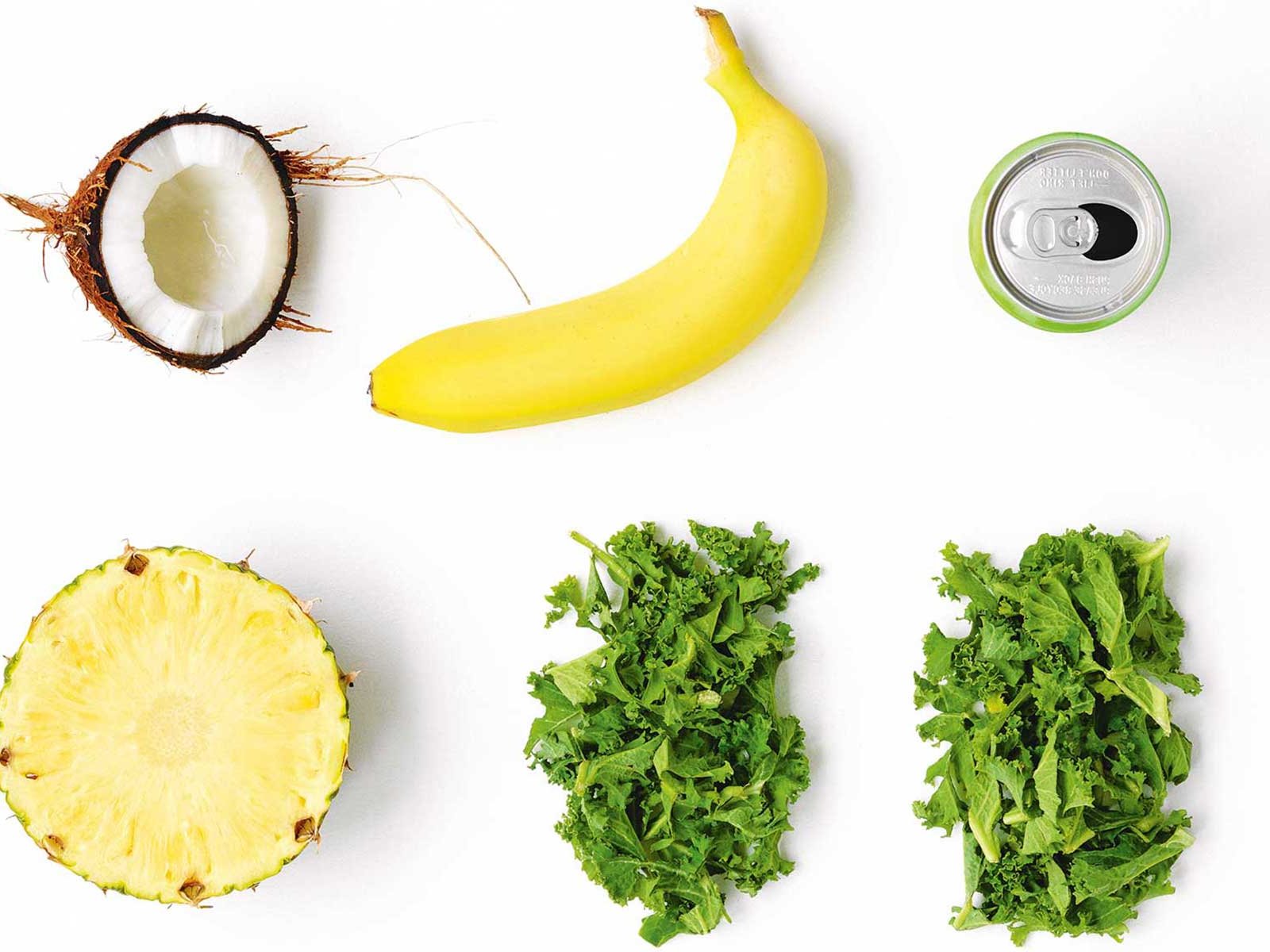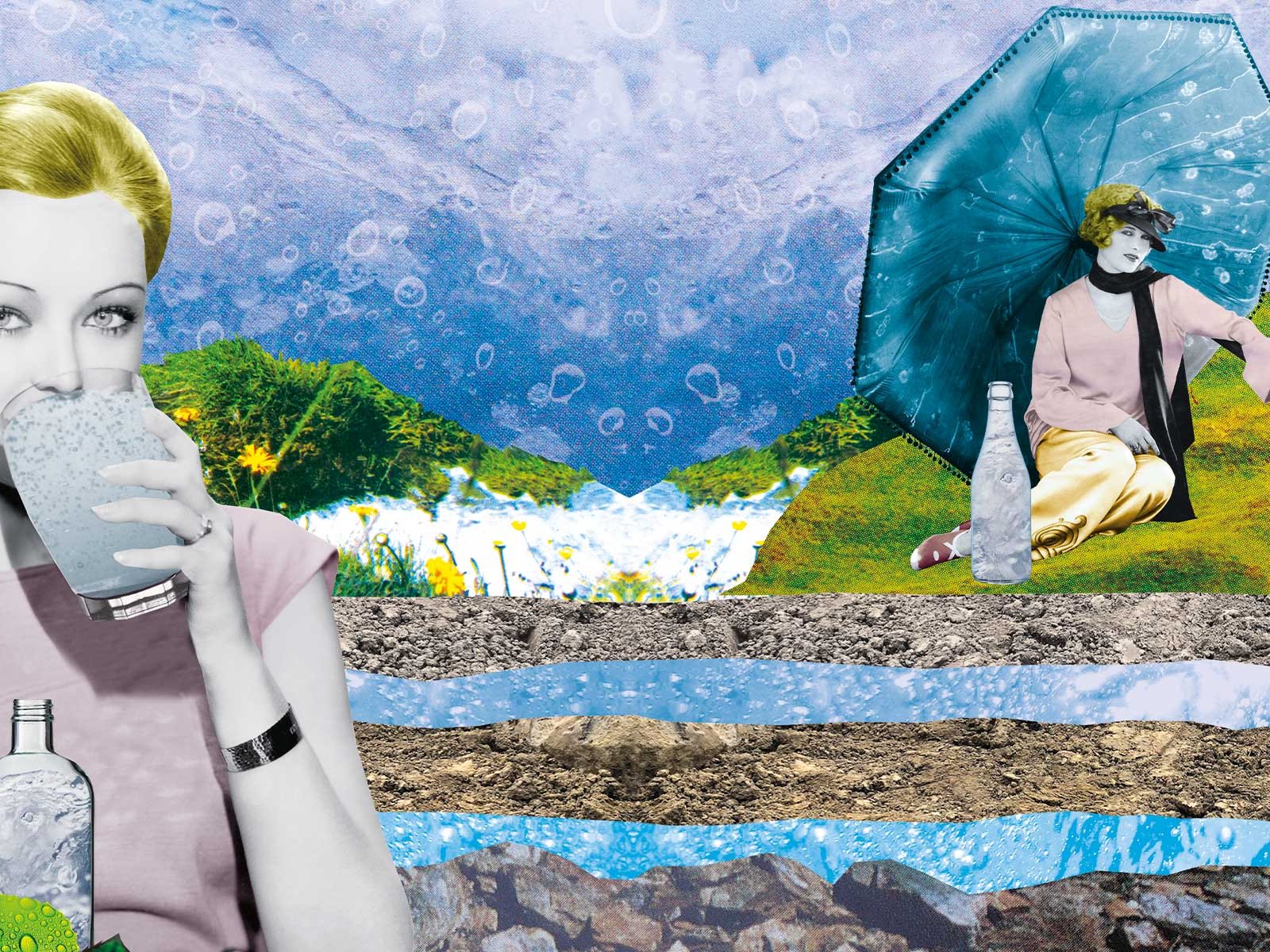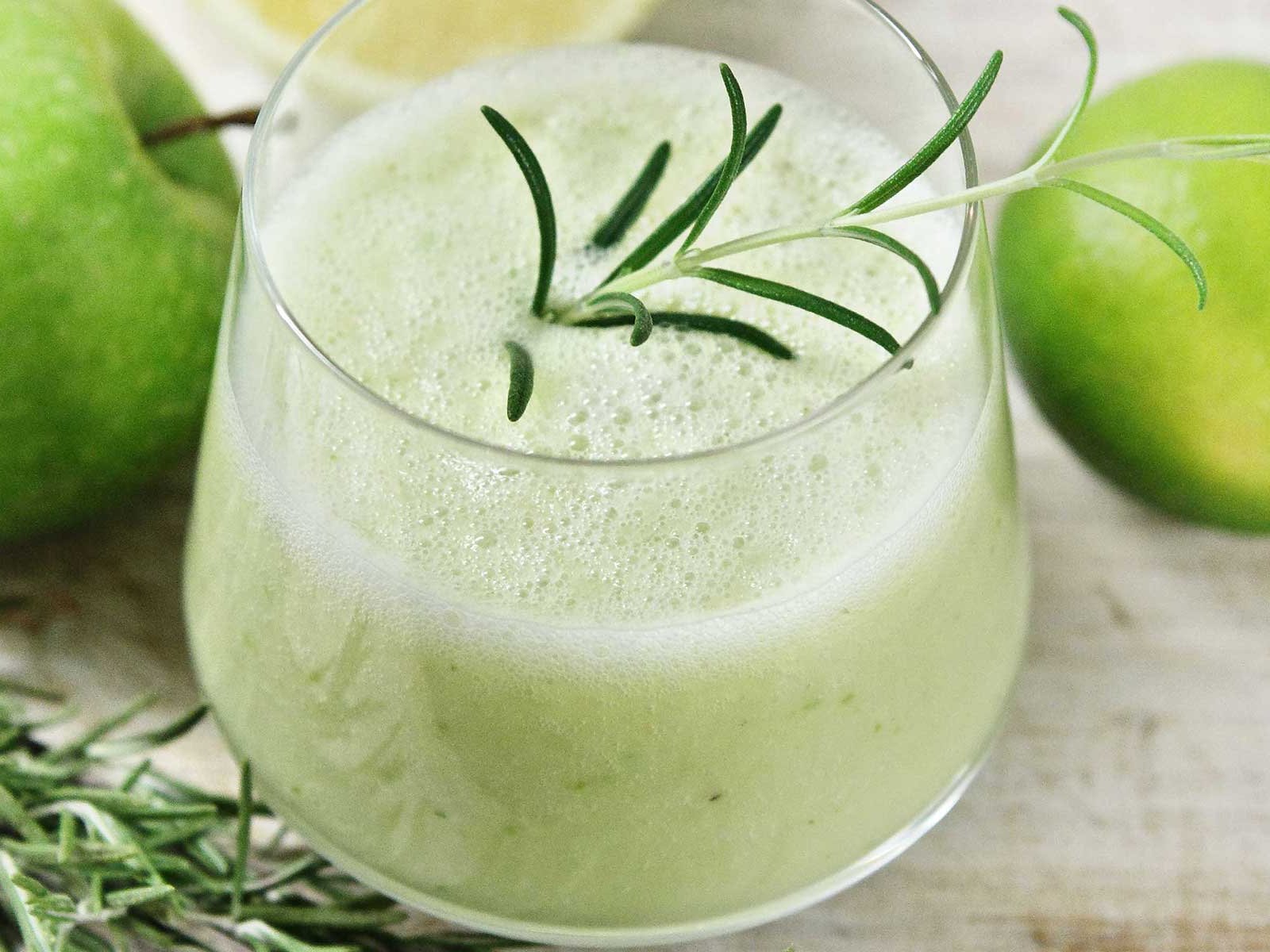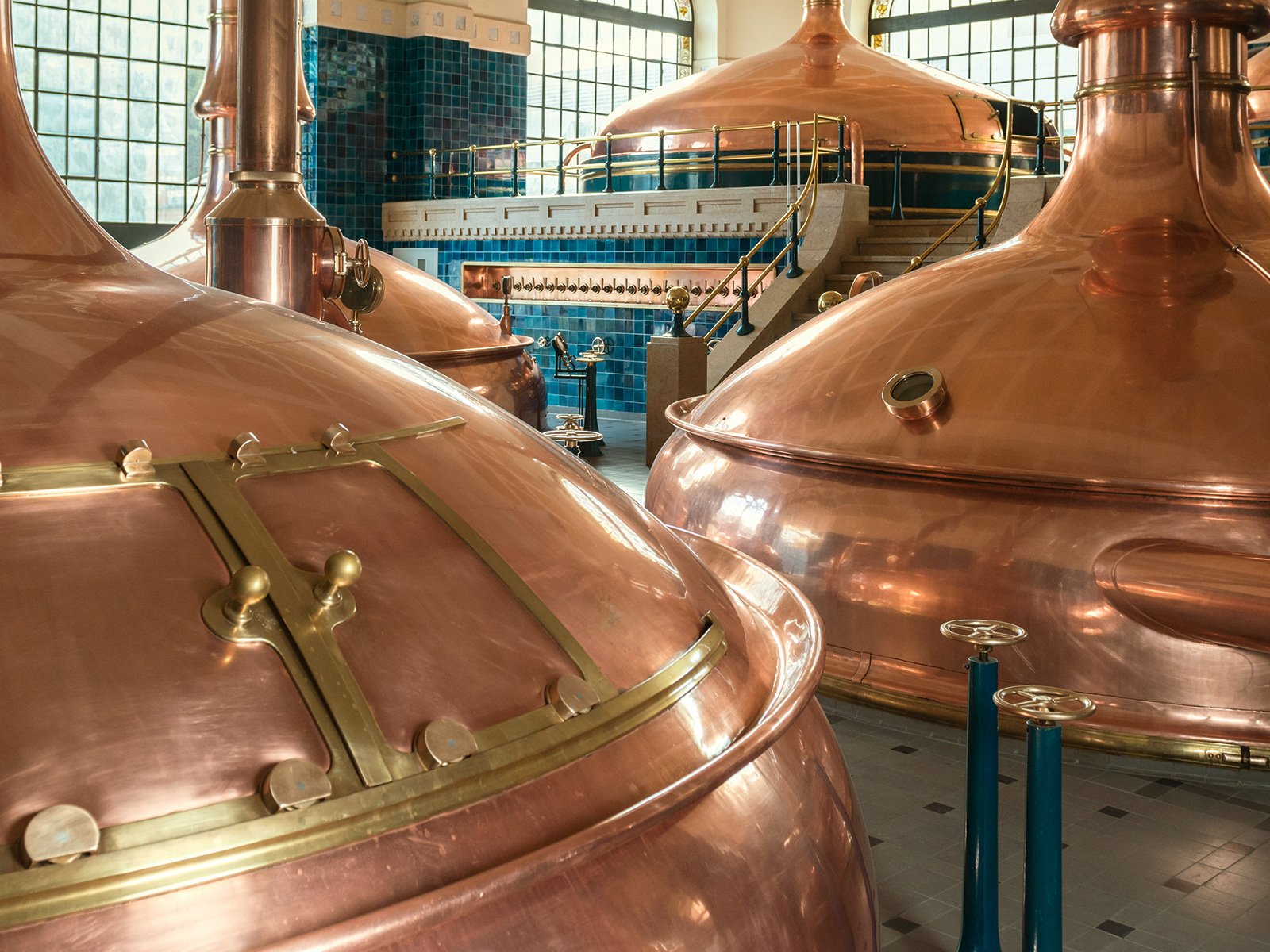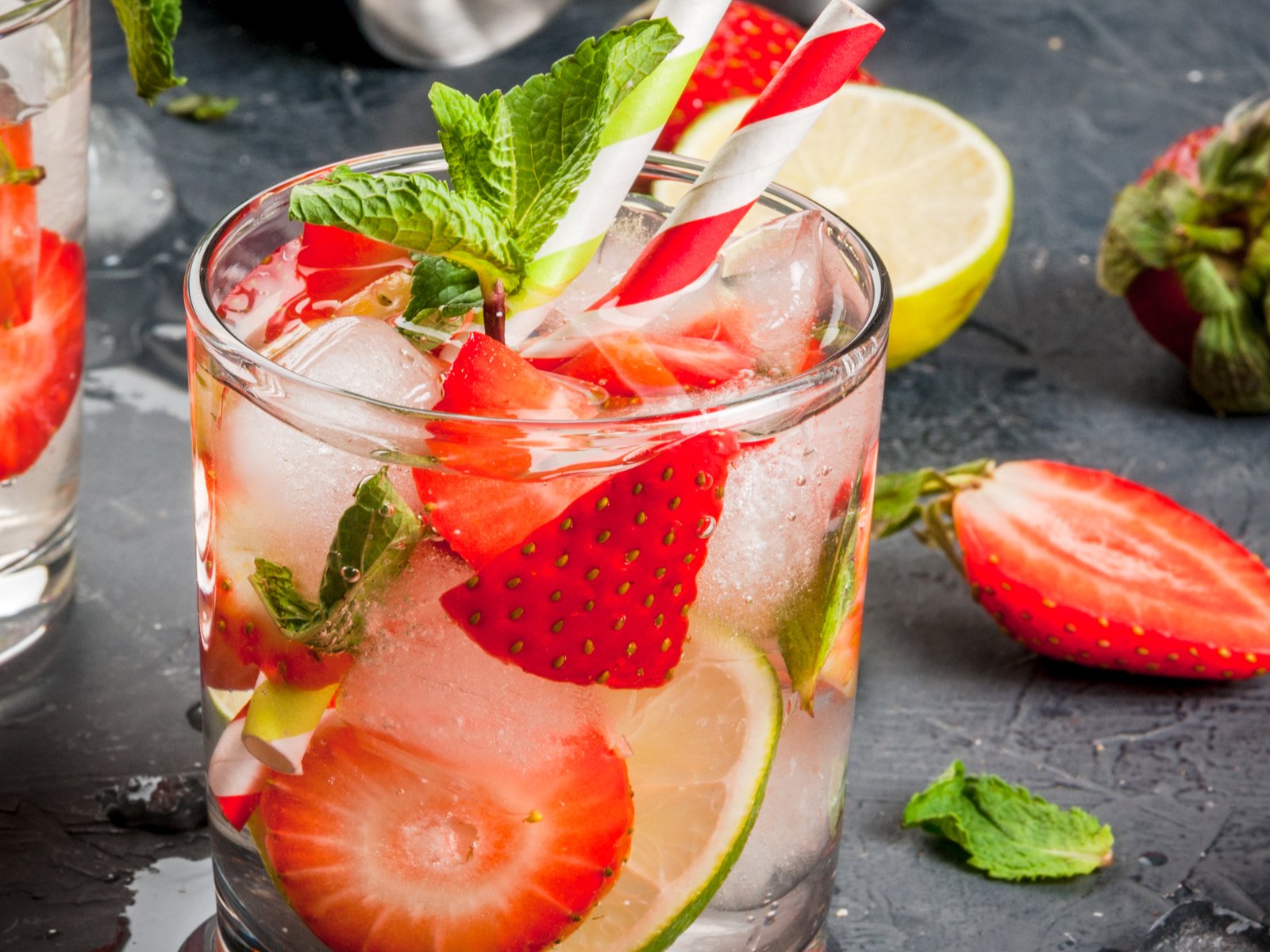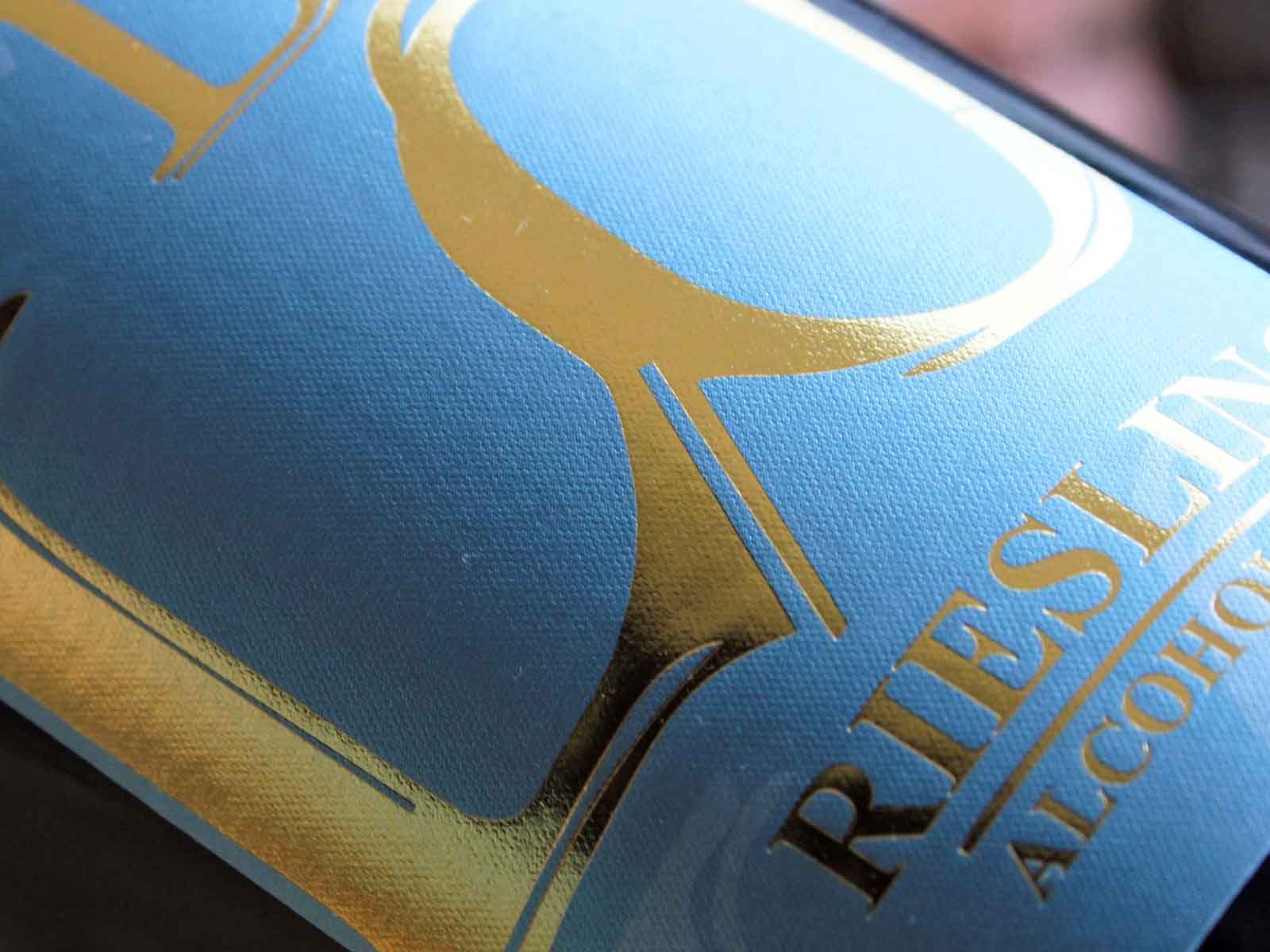The Best Cocktail Mixers
Whether Gin & Tonic, Moscow Mule or Mojito – many cocktails and long drinks are characterised by their mixer as well as their spirit.
The use of a mixer in mixology is a supposedly simple story. It serves to enlarge the drink, to break back the alcohol, to add another layer of flavour and to make the cocktail complete. And herein lies the dilemma, especially with long drinks, because the mixer often makes up the majority of the drink and so should be chosen carefully. Recently there has been substantial investment and innovation in the mixer selection; gone are the days when the choice was small and the cloying, saccherine taste dominated the back palate of your cocktail.
Today, a whole book could be written about mixers alone. In addition, despite the new varieties, everything is not quite as simple as it seems. Let's start with water: Soda water is one of the classic mixers, it is a key ingredient in legendary drinks such as Mojito, Hugo, Gin Fizz or of course Whisky Soda. Soda water should not be confused with sparkling mineral water.
The definition of soda water differs from country to country. Soda water (club soda), seltzer and sparkling mineral water are three different drinks. What they have in common is that they are all fizzy. Sparkling mineral water is naturally carbonated at the source from which it is bottled, the various trace minerals vary from spring to spring, which is why the different brands of sparkling water taste different. Soda water and seltzer are both water which have been artifically cardonated with the addition of carbon dioxide. Seltzer has no other additives, whereas soda water is made with the addition of sodium bicarbonate.
The addition of bicarbonate of soda gives soda water a salty taste as well as raising the pH of the drink which primarily affects the structure and mouthfeel of the mixer and thus also the finished cocktail.
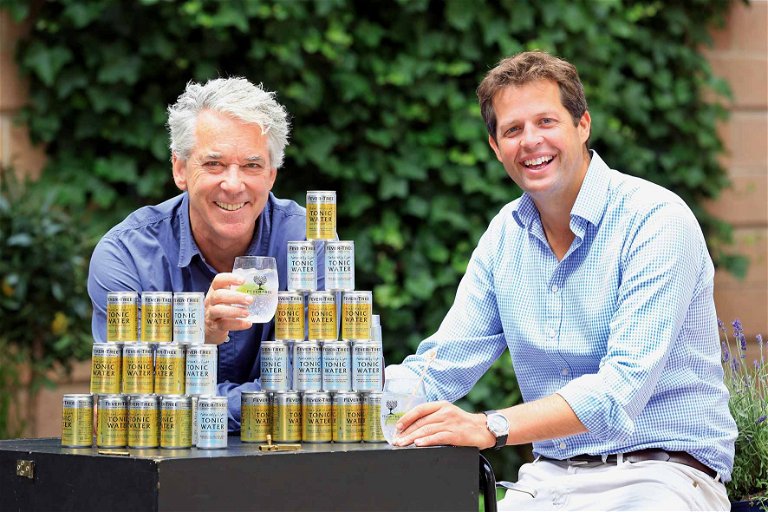
Delicious malarial prophylaxe
The next most famous mixer is undoubtedly tonic water. In the course of the gin boom of the last few years, tonic water experienced a true renaissance – never has there been a larger selection than there is today. But what is tonic water?
Put simply, classic tonic water is sparkling water mixed with quinine. The latter provides the slight bitterness that is characteristic of tonic water. Additionally there may be more or less sugar and sometimes other flavouring compounds extracted from herbs or fruits. The more quinine a tonic water contains, the more bitter it is. Quinine is extracted from the bark of the South American Cinchona tree. Tonic water has its origins in medicine. Until the 20th century, it was part of the standard rations of many European armies fighting abroad and it was British and Dutch expats who smuggled this native of the Andes to Asia during the 1850s and 1860s. By that time, tonic's very high quinine content was known to help prevent malaria. To soften the bitter taste, the soldiers sometimes added sweetened gin – the gin and tonic was born.
Today, tonic water is no longer drunk only with gin; it also goes very well with vodka, vermouth and even schnapps. The proof of the pudding is in the drinking.
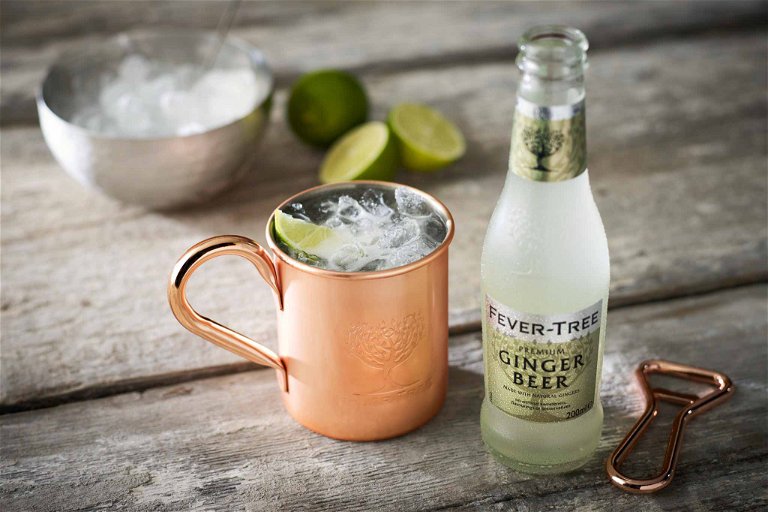
Ginger spice
In addition to soda and tonic water, classic mixers also include lemonades and bitter lemonades. Bitter lemon shares similar flavour characteristics with tonic, whilst cola, ginger ale and ginger beer are all more spicy. Ginger beer in particular has experienced a boom in recent years. Originally ginger beer was an alcoholic drink made by fermenting ginger and sugar with yeast. Today, most ginger beers are classified as lemonades, i.e. they are alcohol-free. In this respect, ginger beer is closely related to ginger ale, but it contains more ginger and thus has a spicier, more robust taste and it is often cloudy in colour. Ginger beer is ideal an ideal mixer for a Moscow Mule, Dark & Stormy and Ginger Rickey – it even makes a great addition to a Margarita.
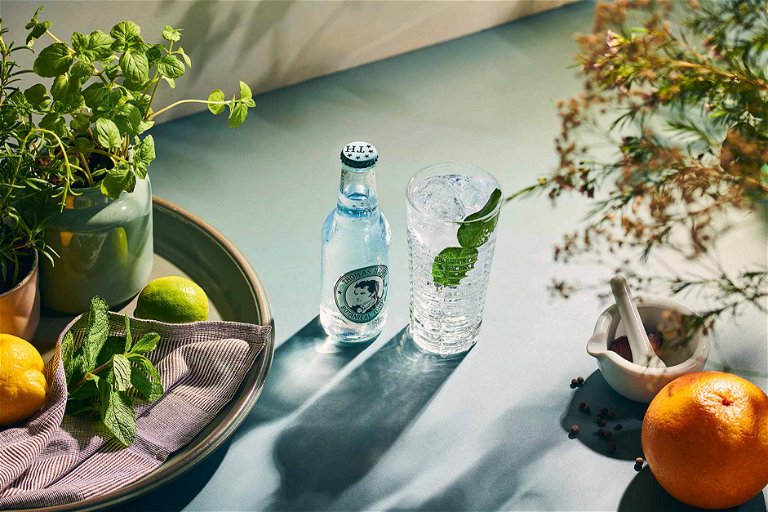
In addition to classic mixers, there is now a wide variety of lemonades and flavoured waters that are suitable for extending a cocktail. On the one hand, there are established brands such as Fever Tree and Fentimans, which are expanding their ranges, and on the other hand, there are manufacturers of soft drinks, which – intentionally or unintentionally – have become classic mixers. Perhaps the best well known of these is Red Bull.
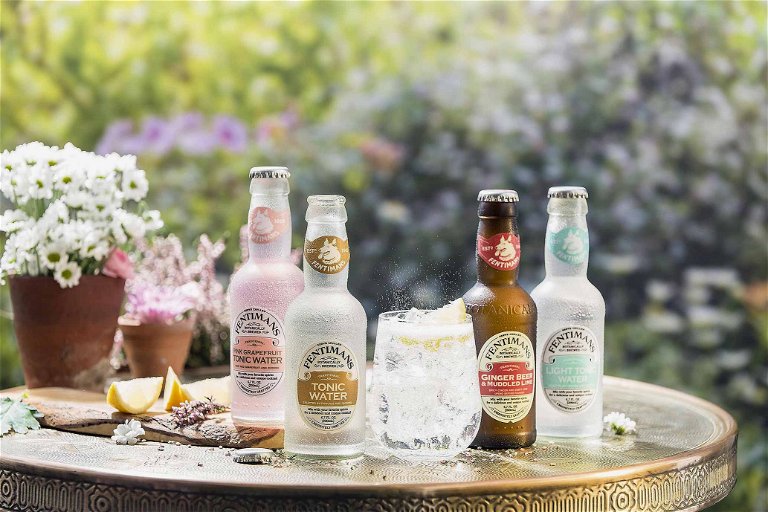
Richly filled
Gin & tonic is always popular – but when it comes to combining spirits and mixers, you can use your imagination. The Falstaff editors have been inspired.
Vermouth and Tonic Water
Red or white vermouth goes well with tonic. The drink can be varied by adding orange or elderflower syrup.
Gin and Almdudler
Almdudler (a herbal lemonade) harmonises perfectly with gin. Whether it leans towards the citrus or spicy is determined by the gin.
Rum and Orange Lemonade
Served on ice with a dash of Angostura bitters. This simple combination really tastes like summer.
Williams and Bitter Lemon
Fruit brandies are rarely used in cocktails and long drinks. The bittersweet combination of pear schnapps and bitter lemon is worth a try.
Whisky and Green Tea
Whisky – for example from Japan – combined with green tea and soda water. Unexpected, refreshing and highly drinkable.
Tequila and soda water
Like vodka or whisky, tequila is perfect for simple highballs. A little lime juice, tequila and soda water make for perfect happiness.

